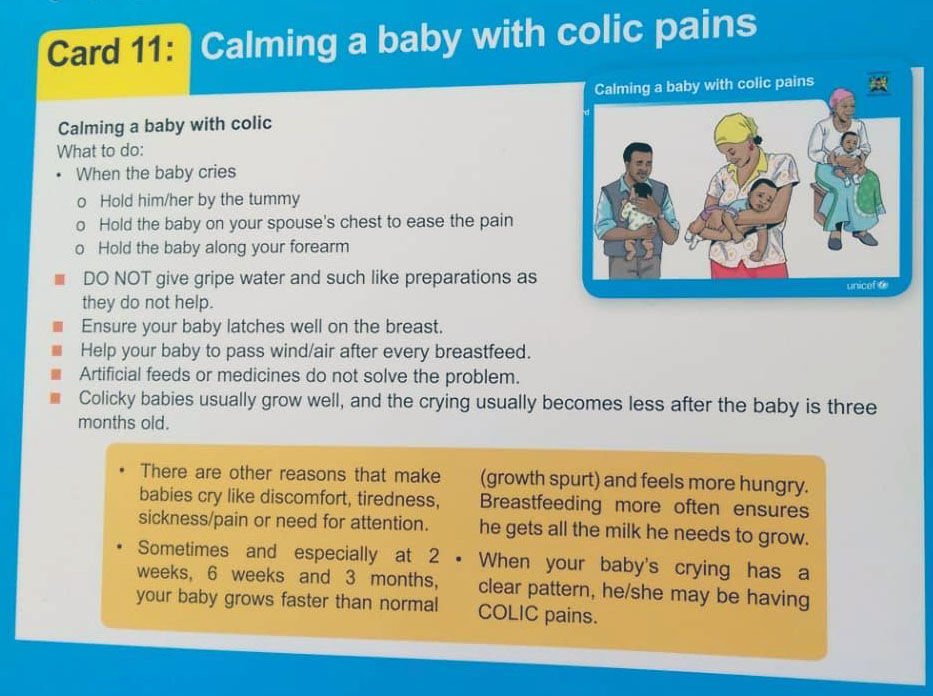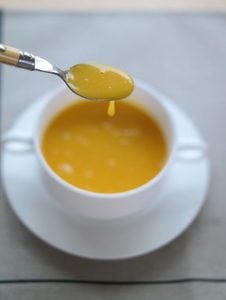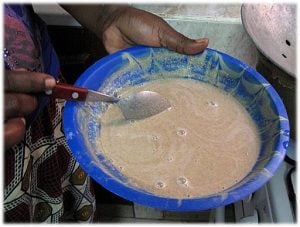Colic is a common condition experienced by babies world over that is characterized by excessive and frequent crying. It can be experienced as early as after two weeks and can last up to four months with most episodes happening in the evening.
When it occurs, the infant cries on and off for several hours. This however doesn’t mean the child is sick. Most colicky babies are usually healthy and affects both the breast fed and those on formulas.
Colic doesn’t usually affect feeding in any way but in case the infant is not feeding well it’s recommended one consult a paediatrician.
Signs of a Colicky Baby
A baby with colic may display the following signs:
- crying that last for hours and that occurs the same time every day
- pulling their legs up and clenching of fists
- may pass flatus/gas
If the baby shows symptoms such as vomiting, stomach distention, not gaining weight, constipation or diarrhoea, this is may not be colic and it’s advisable to take such a child immediately to the hospital.
What Causes Colic in Babies?
It’s not exactly known what causes colic however it’s believed that it could be related to:
- Overfeeding
- Poor attachment and position during breast feeding
- Swallowing of air during feeding
- Introducing solid food during exclusive breast feeding
- Gastrointestinal re-flux
- Irritable bowel syndrome
- Allergy to some proteins
Remedying Colic
There are many remedies that have been devised in society to release colic. Some of these are not proven and can actually do more harm to a child’s health.
Gripe water and chamomile are commonly used by mothers however they do not solve the problem. Remember a baby below 6 months old is supposed to be exclusively breastfed without even giving a drop of water. Such formulations may therefore only put a child at the risk of infections.
Instead, during a colic bout one of the first things one ought to do is hold the baby. The baby can be held in the following ways:
- By the tummy
- Along your forearm, or
- On your spouse’s chest to ease the pain
 |
| Calming a Baby with Colic Pains by Unicef (click-to-enlarge) |
Other ways mothers and fathers can help a child with colic include:
- Lactating mothers should not take caffeine and chocolate as they can aggravate colic.
- In addition, mothers should avoid dairy products for a while as they can cause allergic reactions in the baby.
- Burp (allow the baby to pass the air) after every breast feeding session.
A baby with the colic will grow well and the crying bouts will become less after baby has passed the three months mark. So hold on there and remember it’s not your fault. Consider this one of the many challenges that come with the joys of parenthood.





